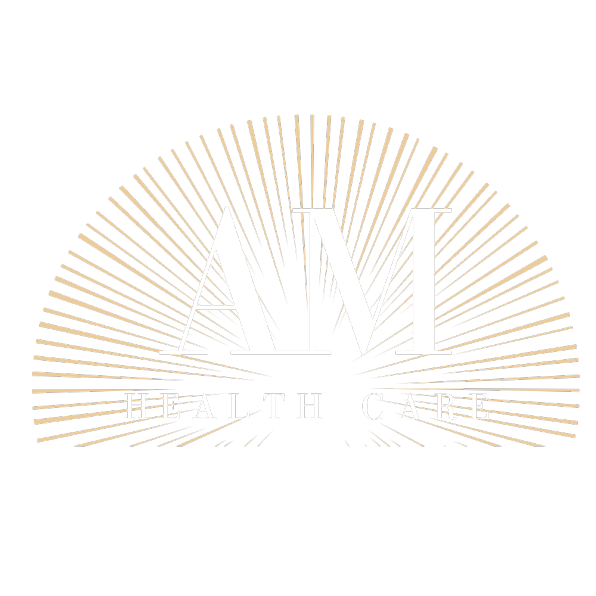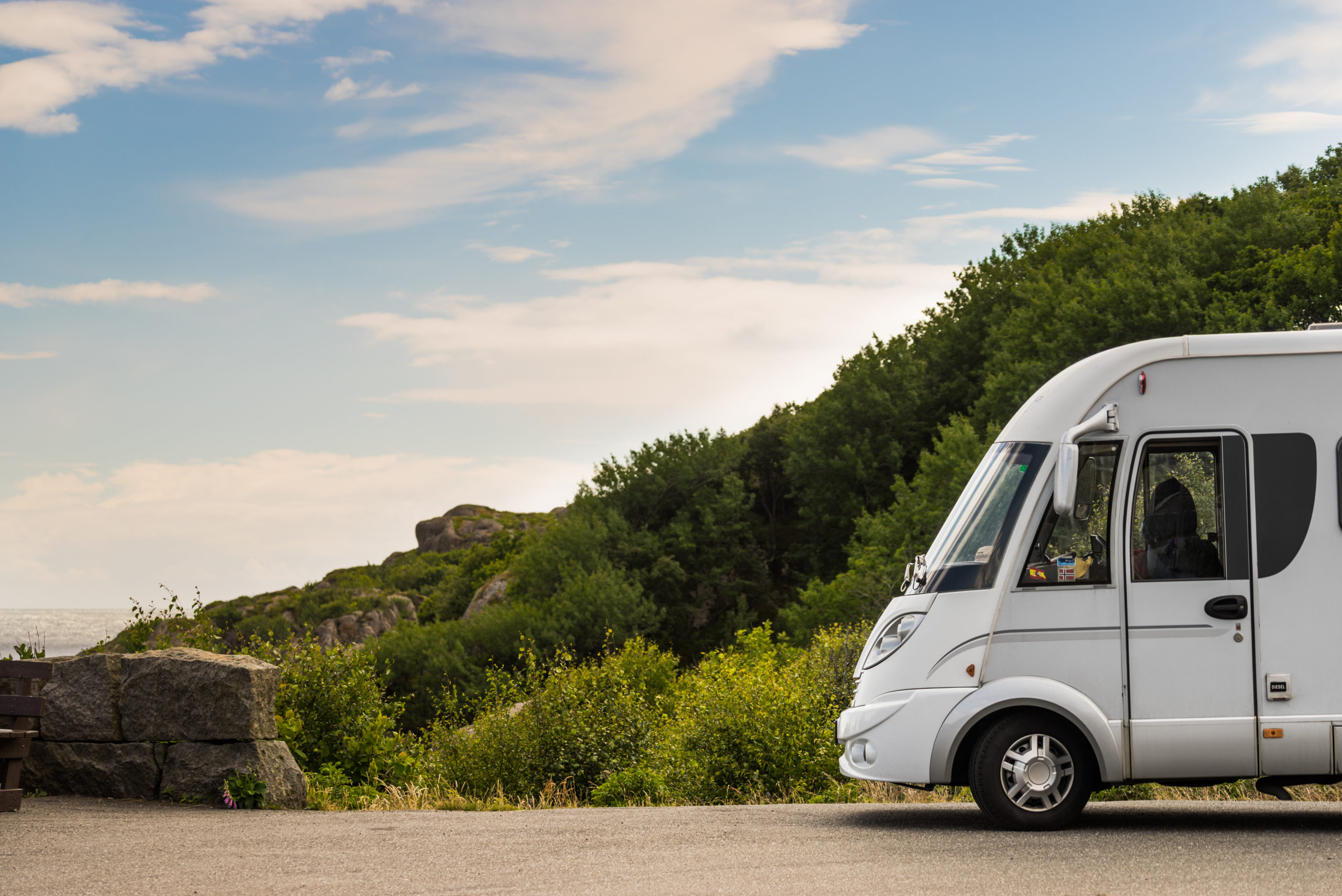Though it may be hard to believe, recovery options aren’t quite as widespread as people realize. And the COVID-19 pandemic has only worsened that situation, particularly when you consider rural areas across the U.S. With clinics forced to shut down because of quarantines and people stuck at home, the concept of getting to a treatment center can be more challenging than you may think. So to combat that, mobile health clinics are coming into play; bringing recovery to the people themselves via vans and RVs.
The NPR website recently covered this growing trend, with an article illustrating just how these mobile clinics are providing treatment resources to people in rural America. Dubbed “Recovery On Wheels,” these programs offer everything from counseling, to health tests, to prescription deliveries; all in an effort to reduce U.S. addictions.
Donna Goldstrom runs one of these services out of Colorado (called the Front Range Clinic). She spoke with NPR about the type of responses her RVs have been getting from people struggling with dependencies.
“We really believe we bring treatment to our patients and we meet them where they’re at,” Goldstrom explained. “So meeting them where they’re at physically is not a long leap from meeting them where they’re at motivationally and psychologically.”
Goldstrom’s company actually operates four large RVs across the state. Each one is equipped with a nurse, a therapist and a peer specialist who has personal experience with addiction. In the case of Front Rage, they cover thousands of miles each month; focusing on regions far removed from the big cities.
The NPR piece did a nice job outlining what a mobile recovery experience is actually like during COVID-19. Often times a visit includes urine samples, which can be taken and read instantly within the RV. When the results are in, counselors make themselves available to discuss potential treatment plans based on their needs. Physicians are also available via a video chat unit situated in a back room within the van.
The anti-overdose medication, Narcan, is housed within and can be distributed, if needed. A full session with the vehicle can last about an hour or so and ongoing appointments can be scheduled, simulating the outpatient experience (but this one actually comes to your door).
Now we know that mobile recovery vans don’t offer all of the same benefits as an on site treatment center, but they are a nice solution during these challenging times and, per the NPR article, are seeing some strong success numbers when it comes to residents getting clean.







